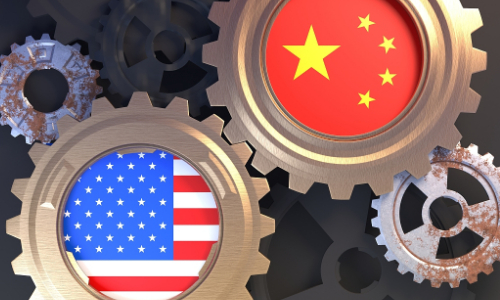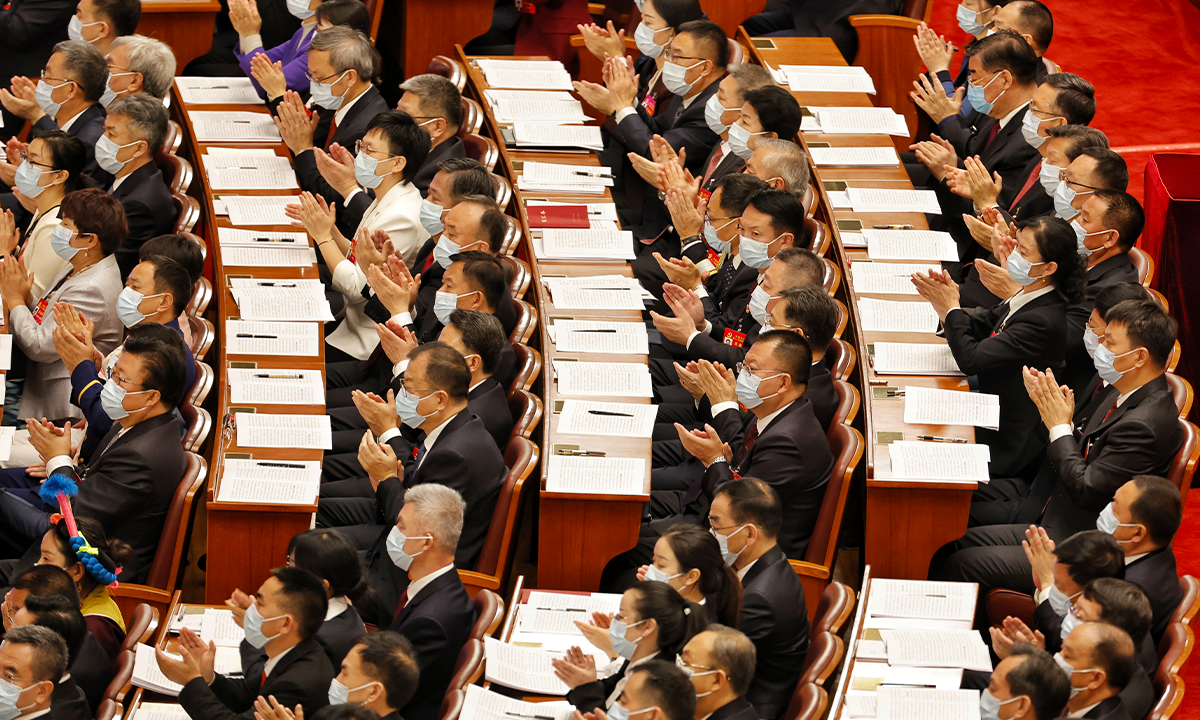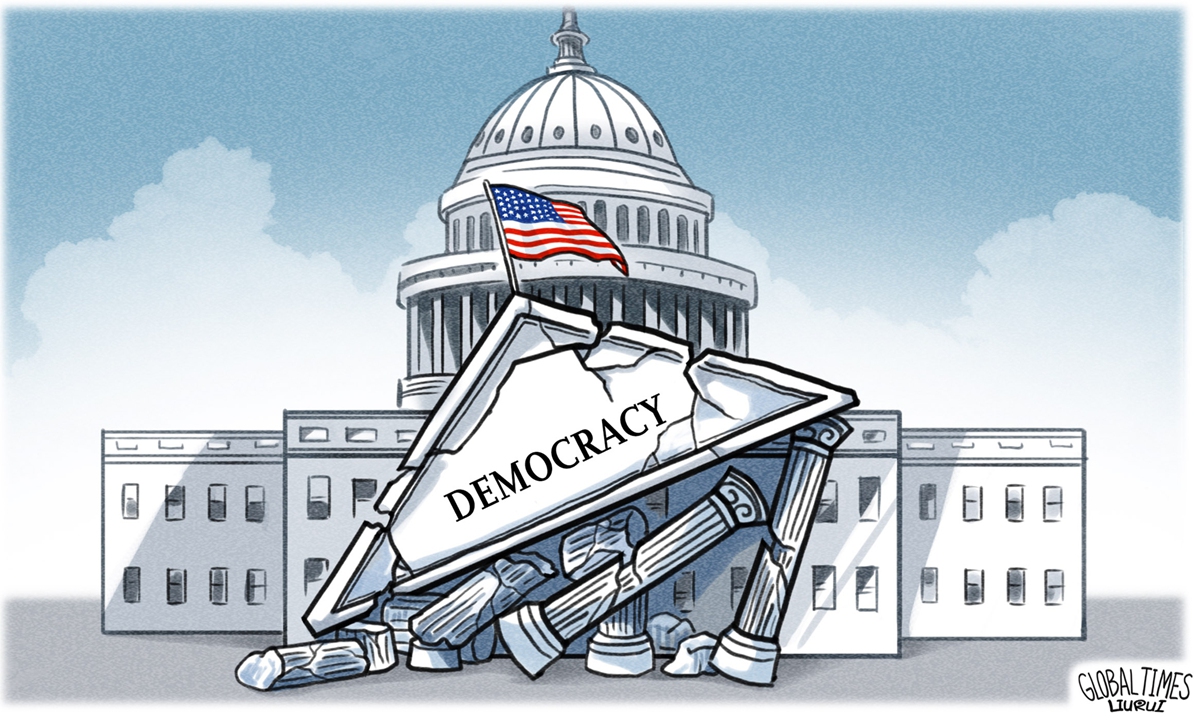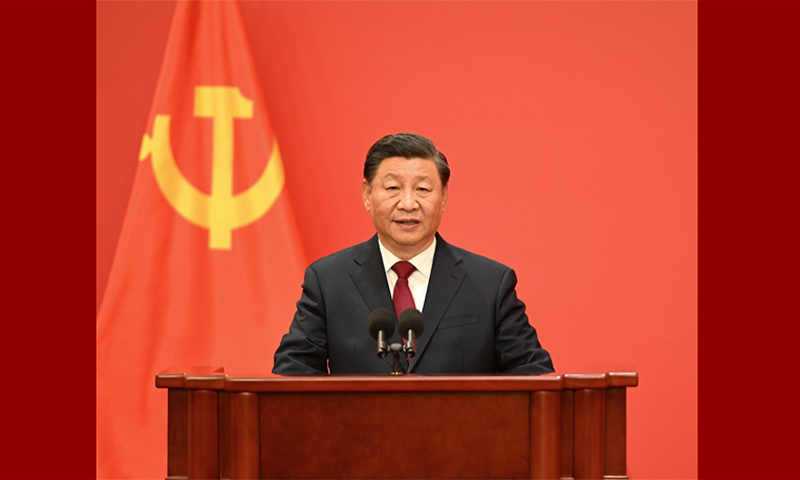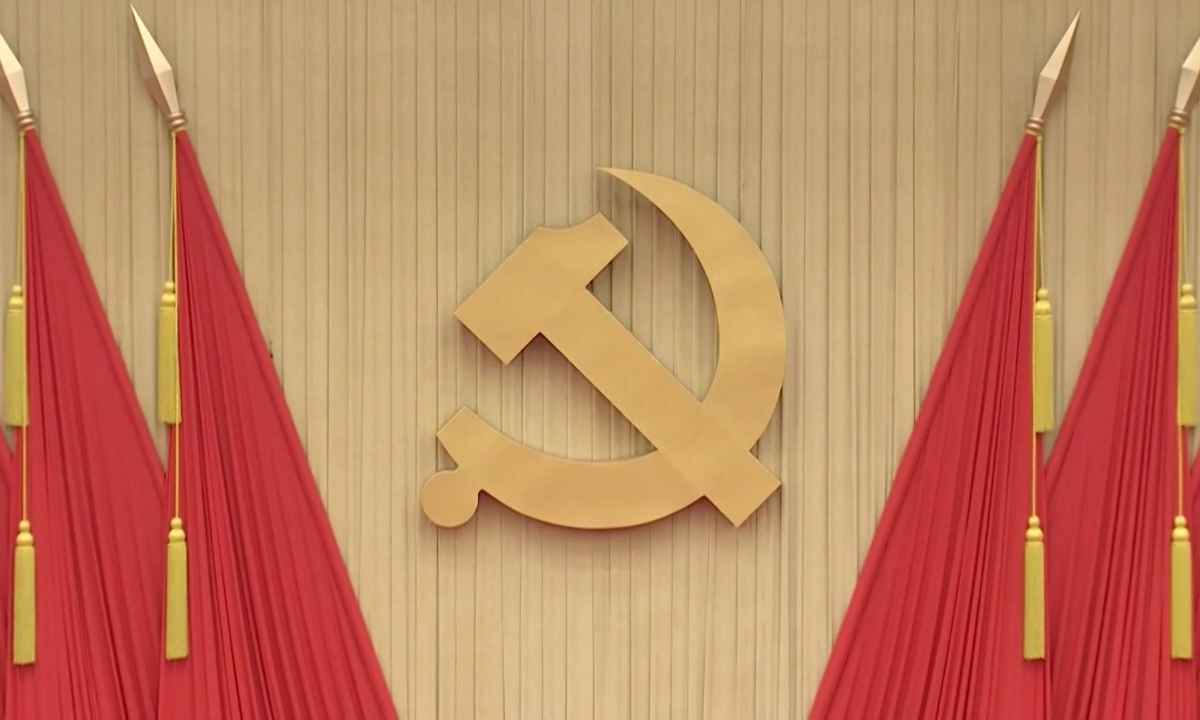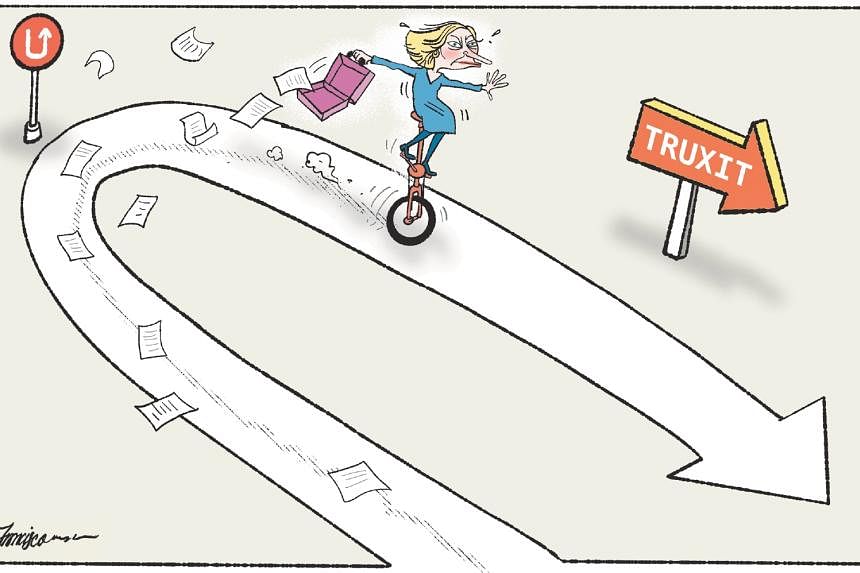https://www.saebo.com/
https://cdn2.hubspot.net/hubfs/5463213
https://cdn2.hubspot.net/hubfs/5463213/Exercise%20PDF%20-%20US%20FINAL%202019.pdf?_ga=2.69067538.2046585752.1666698163-1152772136.1666698163
Once you have gained basic flexibility in the wrist, hand, and inner arm, you are ready to work on a full range of motion for these joints. These intermediate-level exercises, which work well in conjunction with SaeboMAS and SaeboReach, can be the key to recovering the use of your arms. They help retrain the brain to make up for the neurological damage you have suffered
Advanced Arm Exercises
Muscles damaged due to a stroke are often weakened, mainly due to inactivity. This is why at-home exercise is so important. Once you have regained range of motion in your arm and wrist, you are ready to begin strengthening the muscles with these advanced exercises.
BALANCE EXERCISES
Struggling to walk or stumbling frequently is a common problem
for stroke survivors, as the neurological components of balance
have been damaged. Fortunately, balance is an ability that can be
relearned after a stroke through therapy, rehabilitative products,
and at-home exercises. Physiotherapists Beth Thornton and Kathryn
Smyth suggest nine exercises to help regain stability and balance
STROKE EXERCISES FOR YOUR BODY15
Basic Balance Exercises
Basic level exercises for balance may seem simple at first, but they require
strong neural connections to successfully complete. Start with these simple
exercises as you work to rewire your mental processes. The repeated actions will build mental connections that can help restore balance. Remember, always hold onto something during balance exercises to keep yourself from falling.
Intermediate Balance Exercises
STROKE EXERCISES FOR YOUR BODY16
The intermediate level exercises use the same basic ideas as the basic exercises, but without something to hold onto. After practicing the basic level exercises for a while, you should be able to perform them without assistance. However, for safety, always have a counter or chair nearby to grab if you start to lose your balance.
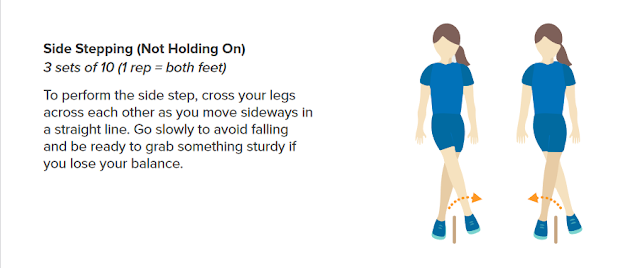
Advanced Balance Exercises
STROKE EXERCISES FOR YOUR BODY18
Once you start noticing improved balance, do not stop exercising. You are still building those connections. Now it’s time to move on to advanced level exercises.
CORE EXERCISES
While the focus of stroke recovery is often on the limbs and facial muscles, without a strong core, the rest of the body may suffer. By isolating and activating core muscles with nine exercises selected by Thornton and Smyth,stroke survivors can work to regain coordination and strength that benefits their whole body.
Watch Core Exercises That Build Strength and Coordination:
https://www.saebo.com/blog/reclaim-your-stability-with-core-exercises-for-stroke-recovery/?utm_source=ExerciseGuide&utm_medium=DownloadablePDF&utm_campaign=DownloadableExercisePDFUS2019
Basic Core Exercises
STROKE EXERCISES FOR YOUR BODY21
Strokes are life-threatening events that can cause irreversible neurological
damage, so the recovery period is as much about retraining the brain as it is about strengthening the muscles. To regain use of your core muscles, you must keep them active in order to create the brain connections you need to improve after a stroke.
STROKE EXERCISES FOR YOUR BODY23
Once you begin building some strength, you are ready to progress in your exercise practice. These intermediate exercises will challenge a larger number of coremuscles and build even more strength.
Intermediate Core Exercises
STROKE EXERCISES FOR YOUR BODY25
As you continue to develop your core muscles, you will be ready to add more intensity. These advanced exercises increase the intensity of the intermediate exercises so you can regain a strong, healthy core.
Advanced Core Exercises
HAND EXERCISES
When stroke survivors lose function and dexterity in the
hands, simple daily tasks can seem like insurmountable
obstacles. Sarah Lyon, occupational therapist, advocates
three simple, at-home exercises to help stroke survivors
regain the use of their hands.
Watch Hand Exercises That Will Strengthen Your Grip:
https://www.saebo.com/blog/reclaim-your-dexterity-with-hand-exercises-for-stroke-recovery/?utm_source=ExerciseGuide&utm_medium=DownloadablePDF&utm_campaign=DownloadableExercisePDFUS2019
Basic Hand Exercise
A stroke often affects the ability of the brain to communicate with other areas of the body. While some of the neurological damage to the brain after a stroke is irreversible, it’s possible to retrain some parts of the brain to take over the movements and activities once controlled in the damaged section. If you are struggling to move your hands, start with this basic-level exercise, aimed at helping your brain re-learn how to control the most basic hand movements. If you are struggling to make a fist and release it, the SaeboGlove and SaeboFlex can help with positioning and reopening as you build up control with this simple exercise.
LEG EXERCISES
Difficulties standing and walking after a stroke can be related to balance problems, but leg strength and mobility are also contributing factors. Richard Sealy recommends a series of low-impact strength and stretching exercises to help regain muscle in the legs and improve range of motion during stroke recovery.
Basic Leg Excercises
Following a stroke, simple actions, like standing and walking, become difficult to perform because balance, coordination, and strength, have all changed. Exercises focusing on standing, balance, and the weakened muscles in your core and hips are vital to you regaining your quality of life after stroke. Try these Basic Leg Exercises to help restore your ability to perform functional tasks in standing. Always remember to hold on to a table or other similarly stable surface to avoid a fall
As you perform your Intermediate Leg Exercises regularly, they will become easier. At the point when your strength, balance, and coordination have all improved, and you have minimal risk of falling, we recommend you move on to the Advanced Leg Exercises. Please continue to be safe with your exercises to avoid a fall. Don’t forget to be performing functional tasks around the house, work, etc. as this will help you improve your strength, balance, and coordination, even faster.
Recognising the warning signs of stroke
STROKE is the third leading cause of male mortality and the second leading cause of female mortality in Malaysia. On average, there are about 90 stroke admissions at Malaysian hospitals daily. Almost 70% of stroke survivors live with many disabilities.
MSU Medical Centre medical director and consultant neurosurgeon Prof Dr Badrisyah Idris explains, “Occurring in 80% of stroke cases, ischaemic stroke is owed to a narrowing of blood vessels by fat deposits or blood clots that disrupt the blood supply to the brain. The remaining 20% is owed to ruptured blood vessels caused by uncontrolled high blood pressure or a weakened blood vessel wall. “Depending on the affected brain area, stroke survivors may suffer from memory and emotional disturbances, or be challenged by speech, vision, sensory or movement difficulties. In a transient ischaemic attack, commonly called a mini-stroke, the symptoms hit for only a few minutes or hours and then disappear. Though the brain supply is interrupted momentarily, the chance of getting a permanent stroke within 48 hours raises tenfold and the risk remains high within three months. “With increasing age, the likelihood of getting an ischaemic stroke rises with the increased narrowing of the blood vessels. Other factors leading to stroke include smoking, obesity, alcoholism, high blood pressure, high blood cholesterol and high blood sugar. Lifestyle changes and treatment optimisation may reduce the risk of getting a stroke.” Medical treatment within three hours after the onset of stroke is needed to reduce the damage to the brain. Tools such as BE FAST help society recognise the onset of stroke and reduce death and disability from delayed stroke treatment. ● B – Balancing difficulties ● E – Eye and vision disturbances ● F – Facial weakness ● A – Arm or leg weakness● S – Speech difficulties
● T – Time to call an ambulance
Upon reaching the hospital, a doctor will establish the circumstances leading to the stroke by recording its history and then performing a physical examination to identify the risks and associated deficits.
A brain scan will be performed to determine whether the stroke is ischaemic or haemorrhagic and which part of the brain is involved. An angiography may be performed to assess the brain’s blood flow pattern and blood vessel structure. For ischaemic strokes, restoring blood flow to the affected area is crucial and should be carried out within four hours of the stroke’s onset. This can be done by injecting a blood-thinning medication called alteplase into a vein in the arm to dissolve blood clots inside the brain’s blood vessels. Endovascular therapy is another technique used to dissolve the blood clot by directly injecting alteplase through a small catheter placed inside the affected blood vessel, or by retrieving the blood clot with a special device through a catheter placed inside the affected blood vessel. For haemorrhagic strokes, the main goal of treatment is to control bleeding and reduce the increased pressure in the brain. The high blood pressure has to be controlled by antihypertensive drugs and the effect of the blood-thinning medication has to be reversed to reduce further bleeding. Ruptured blood vessels caused by cerebral aneurysms or arteriovenous malformations need to be treated by surgical intervention or endovascular therapy.The prevention of stroke involves lifestyle modifications such as controlling one’s high blood pressure and blood sugar level, consuming a low-fat diet that includes fruits and vegetables, avoiding smoking or tobacco use, and staying active through exercise, jogging or hiking.
Caring for a stroke survivor
TAKING care of a person who is recovering from a major stroke requires your full attention and some changes have to be made to accommodate them. Before a stroke survivor comes home, make sure the home is fall-proof. For instance, if the survivor’s bedroom was previously on the second floor, make a bedroom available downstairs for the survivor so he will not have to climb the stairs daily. You will also need to make sure that the room is fully equipped, and ideally, has a wide floor space. You may also want to prevent falls by installing grab bars, seats and non-slip bathmats in the bathroom and shower place. Physiotherapy exercises consisting of sit to stands, knee rotations and supported mini squats are essential to strengthen the stroke survivor’s leg muscles and improve endurance when walking and rising up from a seated position. Crumpling a piece of paper and supporting reach and grasp are additional exercises that will help stroke survivors regain movement in their hands and shoulder muscles. Get advice from an occupational therapist on what types of clothing and material are suitable for a stroke survivor. A pull-over is a much better option than a button-down shirt as it is easier to get in and out of than the latter. Pants, skirts and jeans with elastic waistbands are good options while loose clothing with silky material are highly recommended. If a stroke survivor is on medication, it is advisable for you to pack sufficient medicines to last them through unexpected delays in your cabin luggage. Having a prescription letter in hand is also a good idea. If anything were to happen, treating doctors can use it as a referral. Making frequent pit stops, especially during long travelling hours by car is one of the best ways to ensure the comfort of stroke survivors. Use routes that have rest stops along the way and plan for toilet breaks at least every two hours. Changing the diet of a stroke survivor is vital to avoid a second stroke attack. Stroke survivors need to cut back on salt as it is directly related to high blood pressure. Salt-free seasonings such as herbs and spices are better options to add flavour to their meals. You must make sure survivors are cutting back on meat and dairy products and encourage them to eat more vegetables, fruits and whole grains.
Taking care of a stroke survivor requires a lot of patience from your side and it is no secret that it is time-consuming.

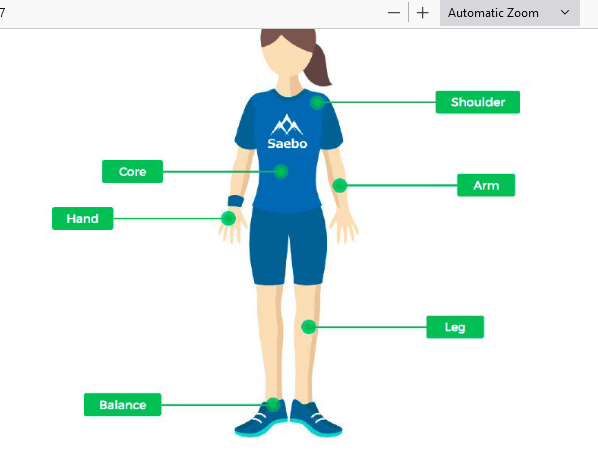

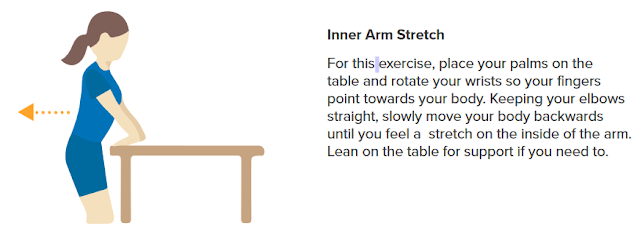
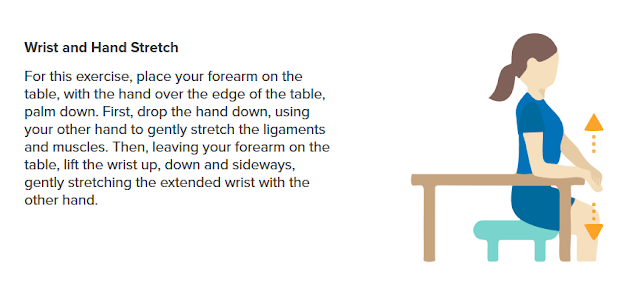
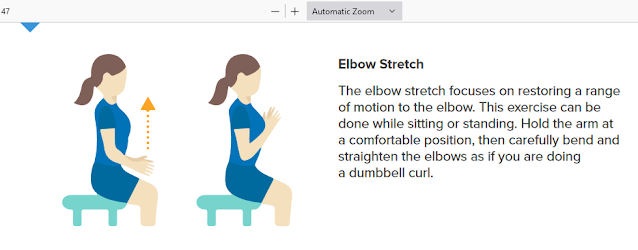
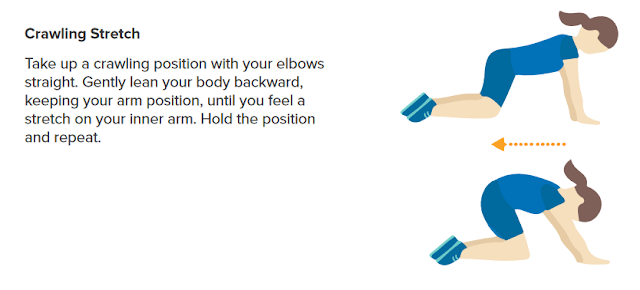

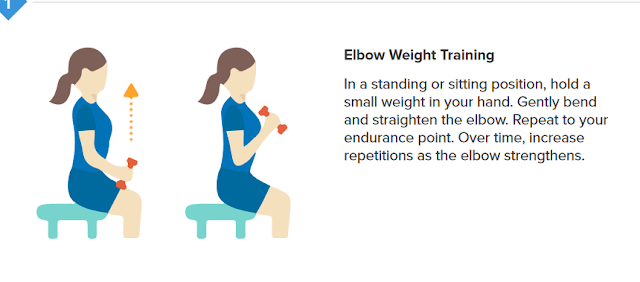
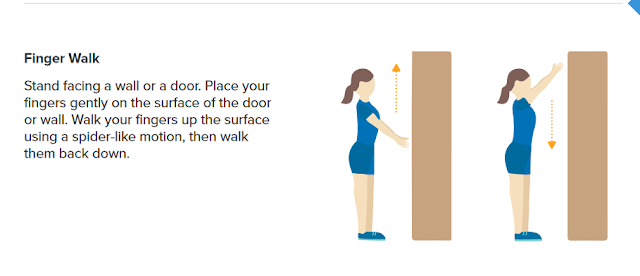
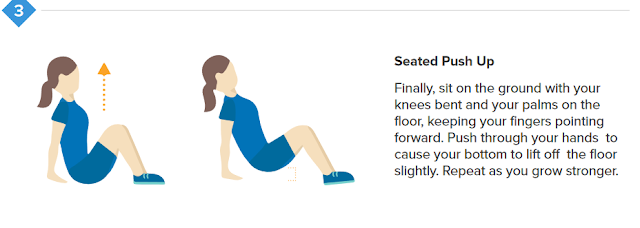
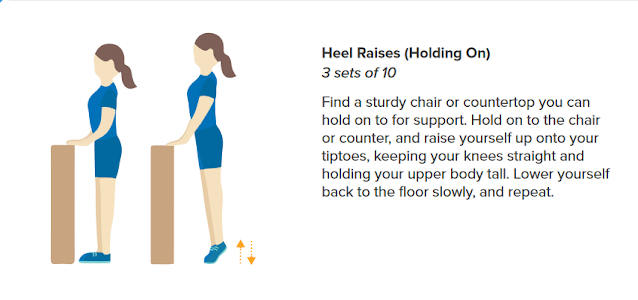
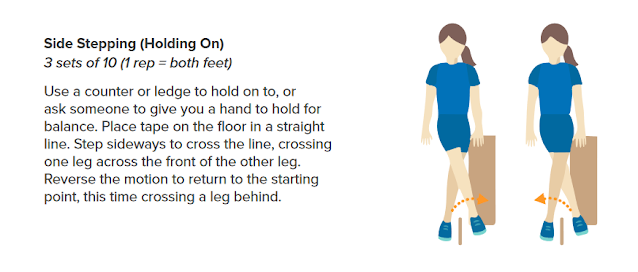
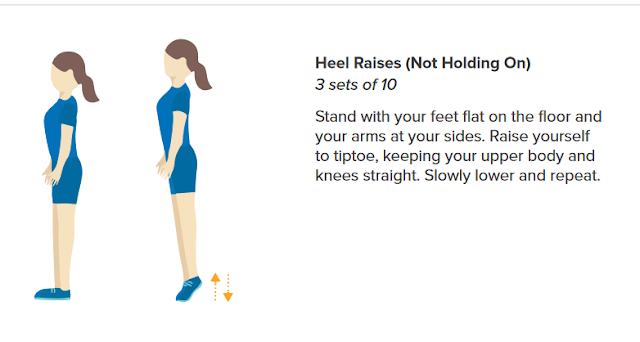
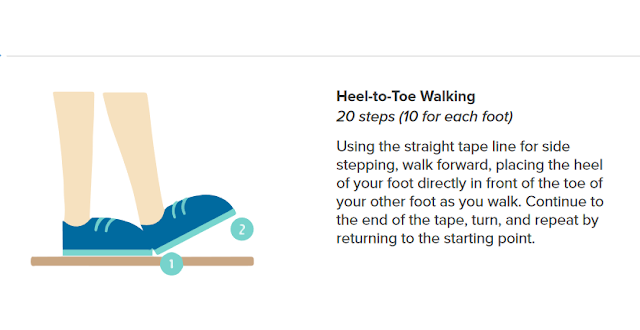

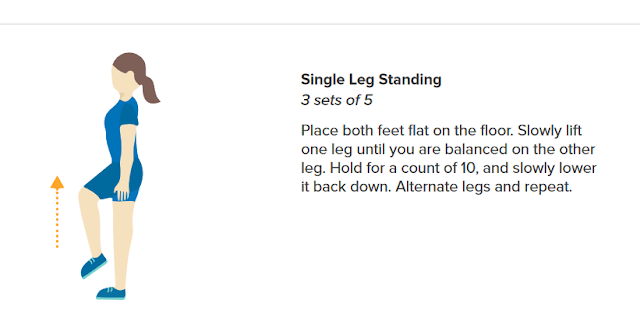
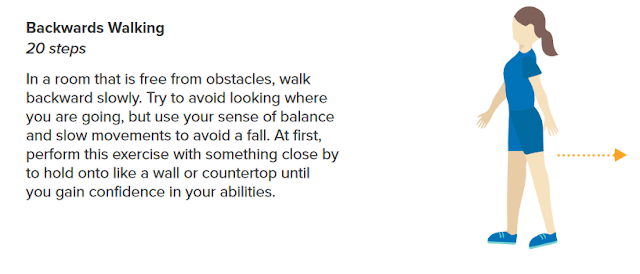
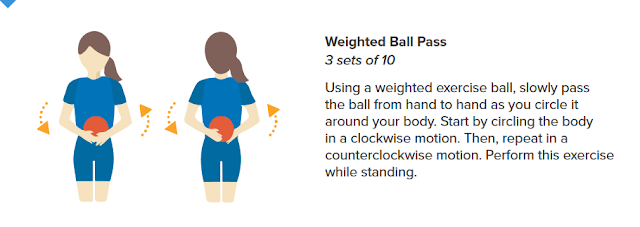
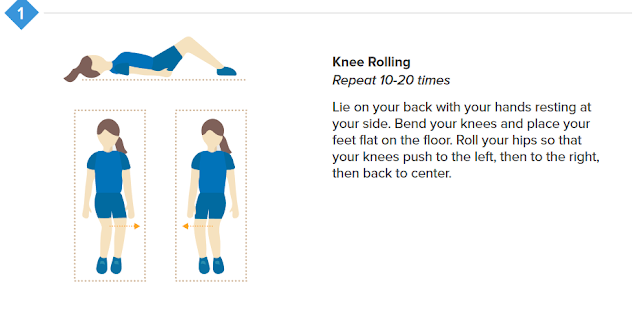
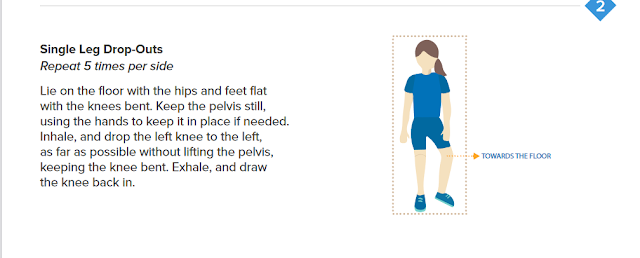
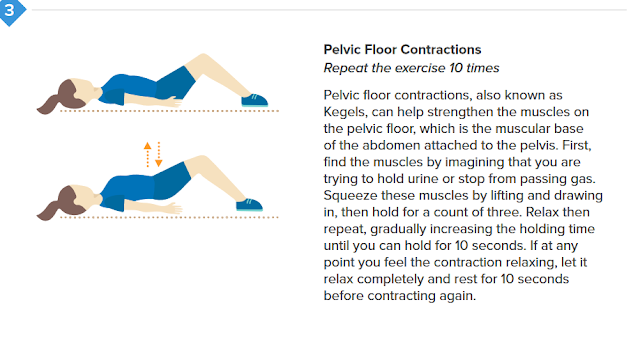
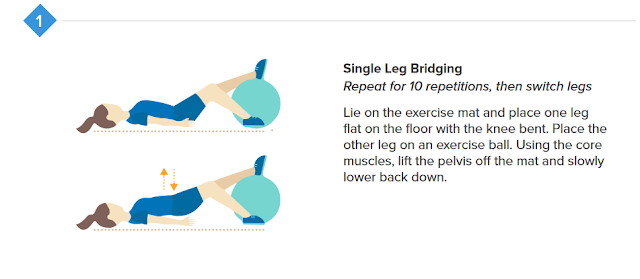
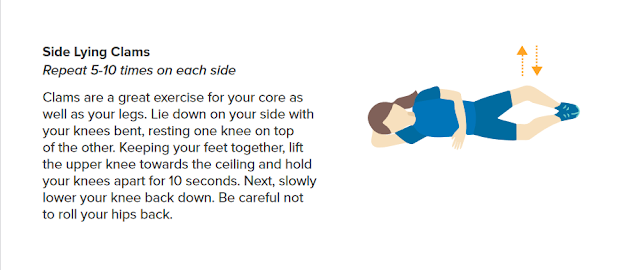
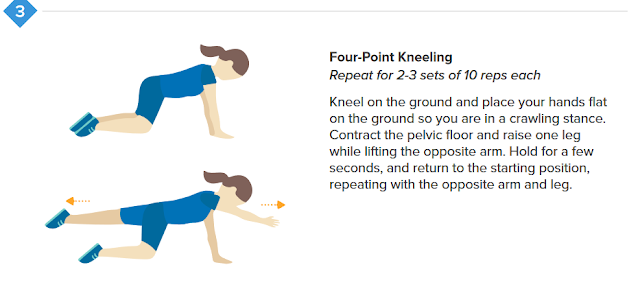
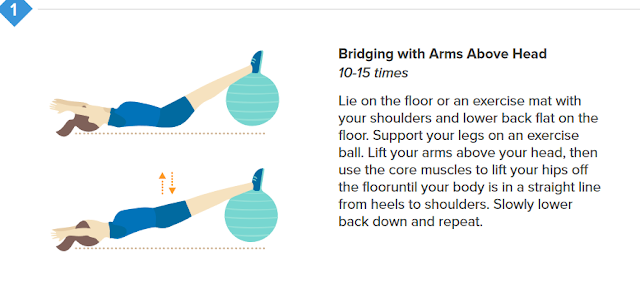


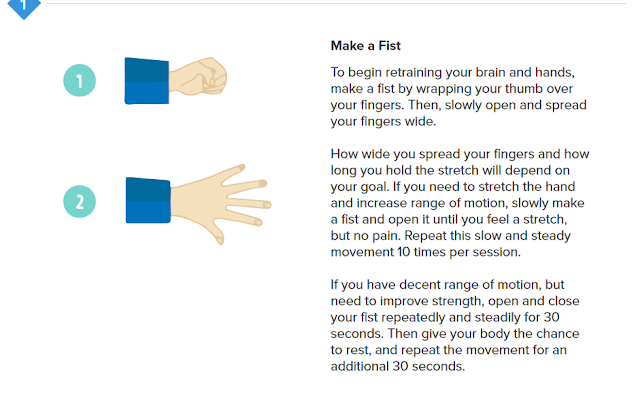
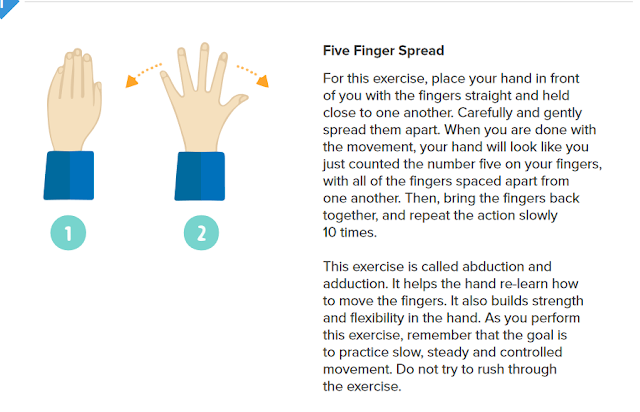
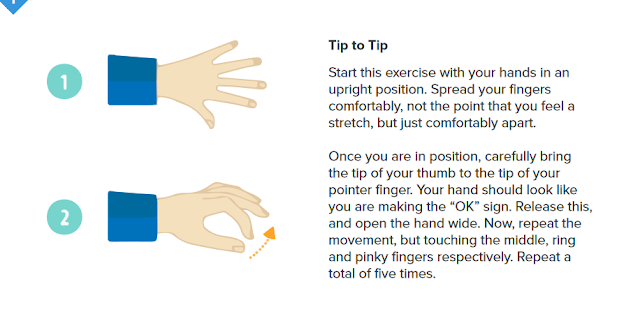
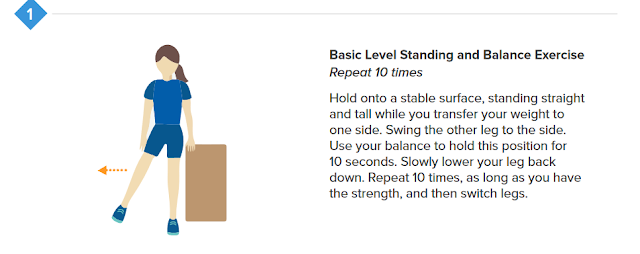
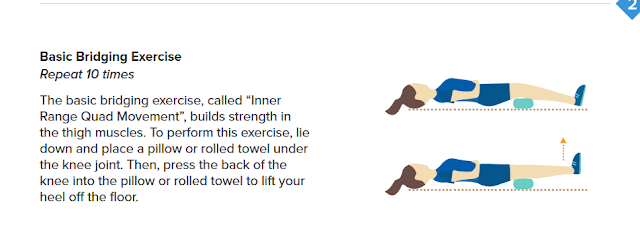
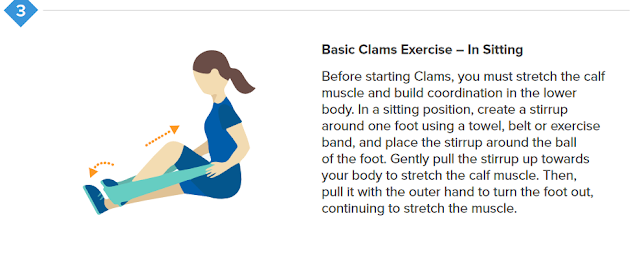
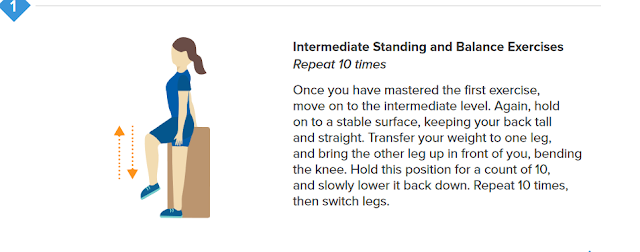
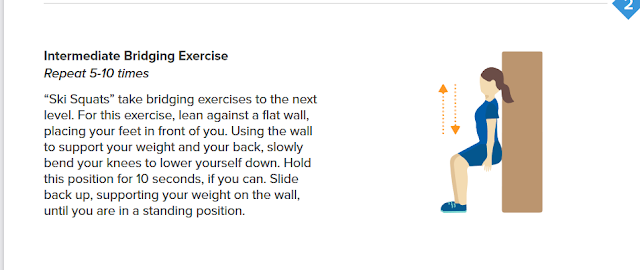
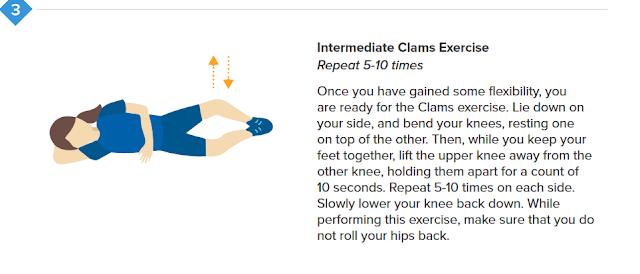
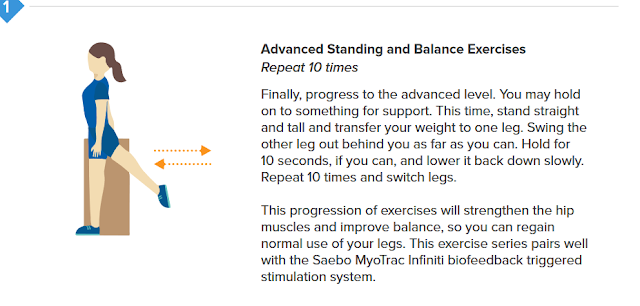
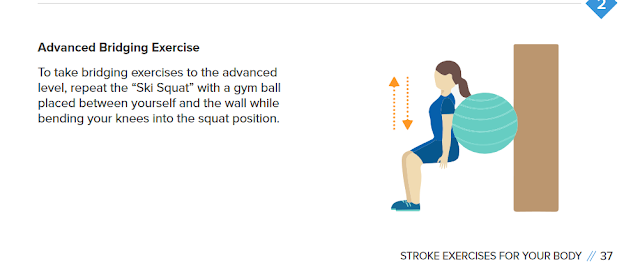
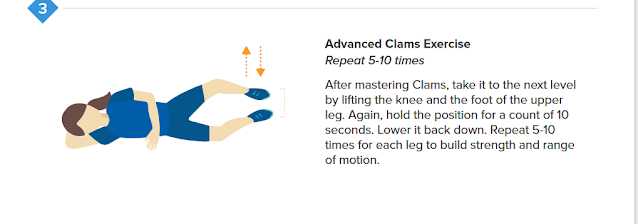



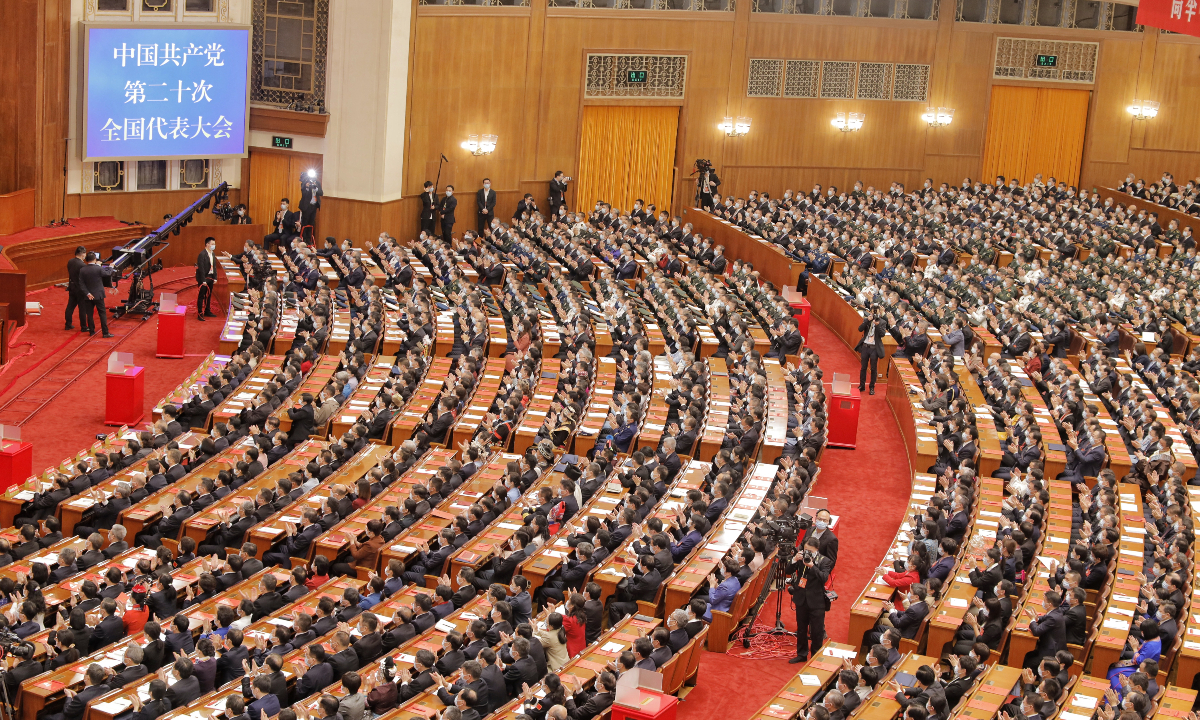 The week-long 20th National Congress of the Communist Party of China (CPC) concludes on October 22, 2022, at the Great Hall of the People in Beijing. Photo: Li Hao/GT
The week-long 20th National Congress of the Communist Party of China (CPC) concludes on October 22, 2022, at the Great Hall of the People in Beijing. Photo: Li Hao/GT
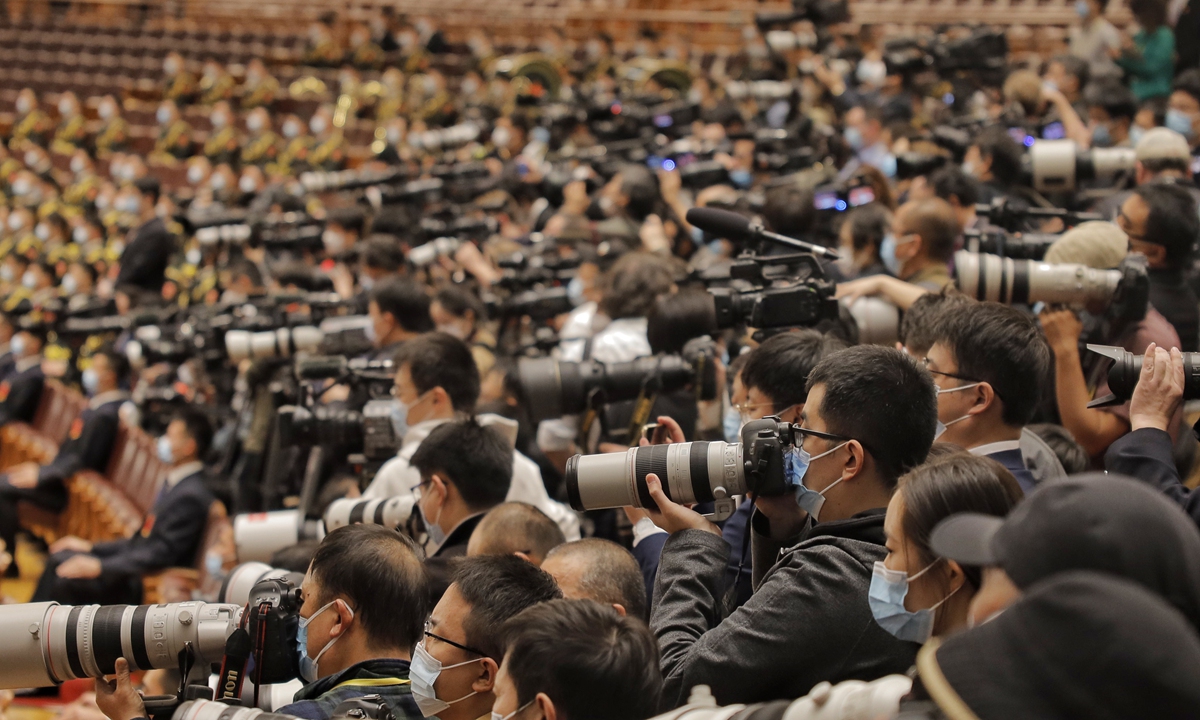 The week-long 20th National Congress of the Communist Party of China (CPC) concludes on October 22, 2022, at the Great Hall of the People in Beijing. Photo: Li Hao/GT
The week-long 20th National Congress of the Communist Party of China (CPC) concludes on October 22, 2022, at the Great Hall of the People in Beijing. Photo: Li Hao/GT